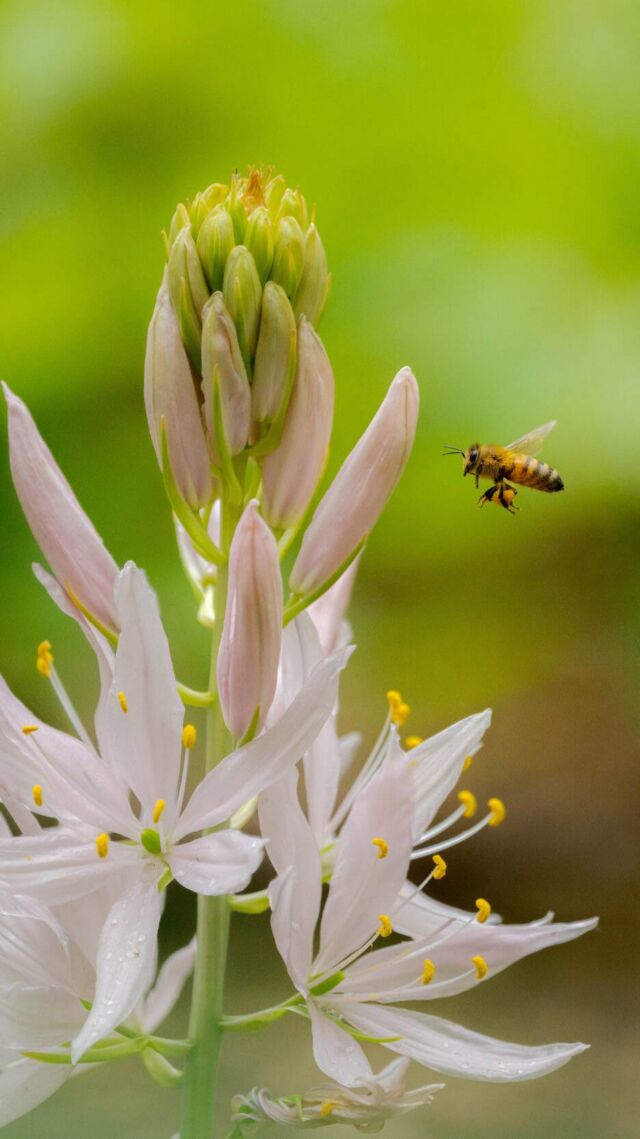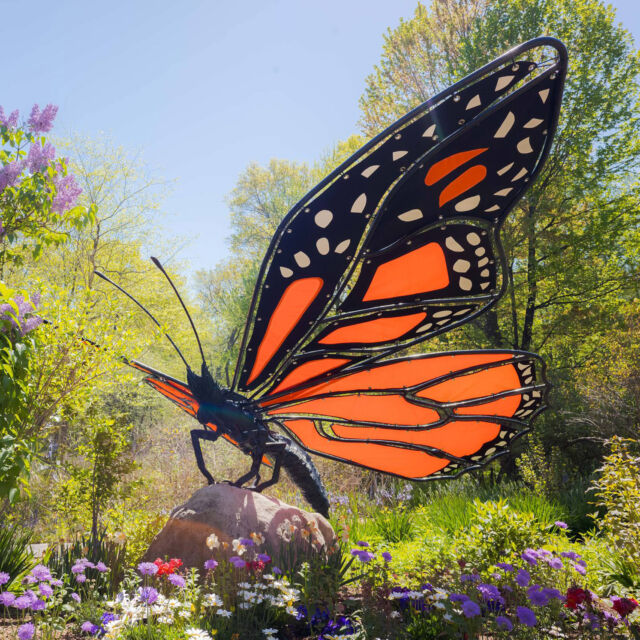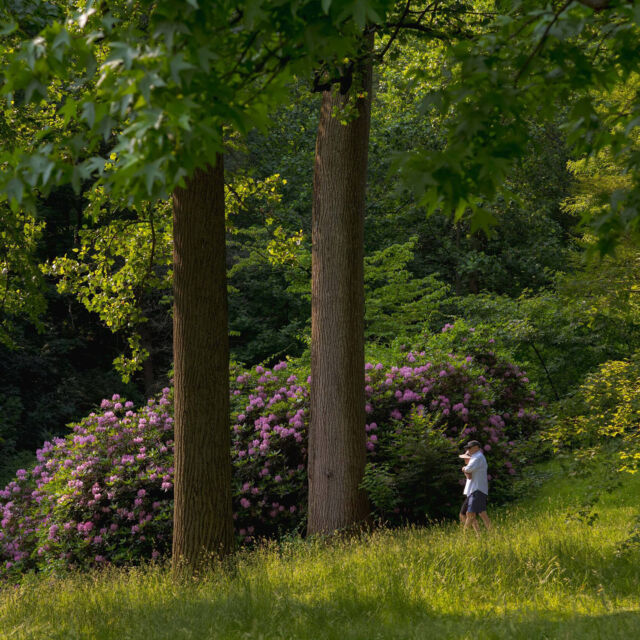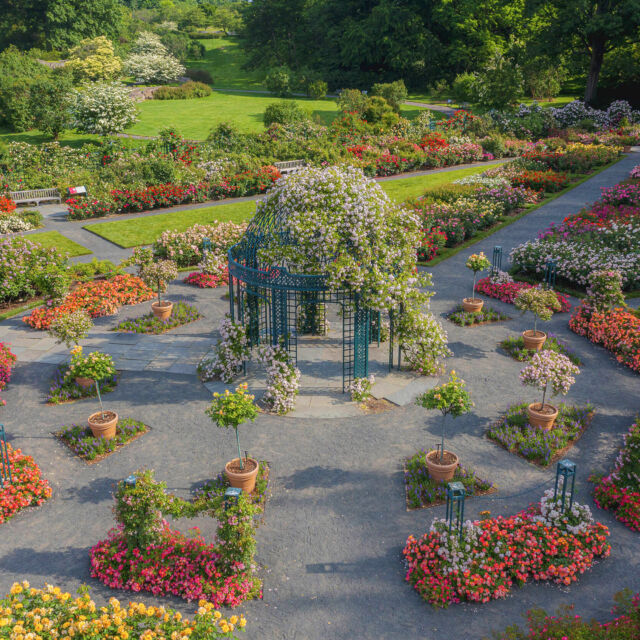NYBG Partners with BGCI in Finding Solutions for Climate Resiliency
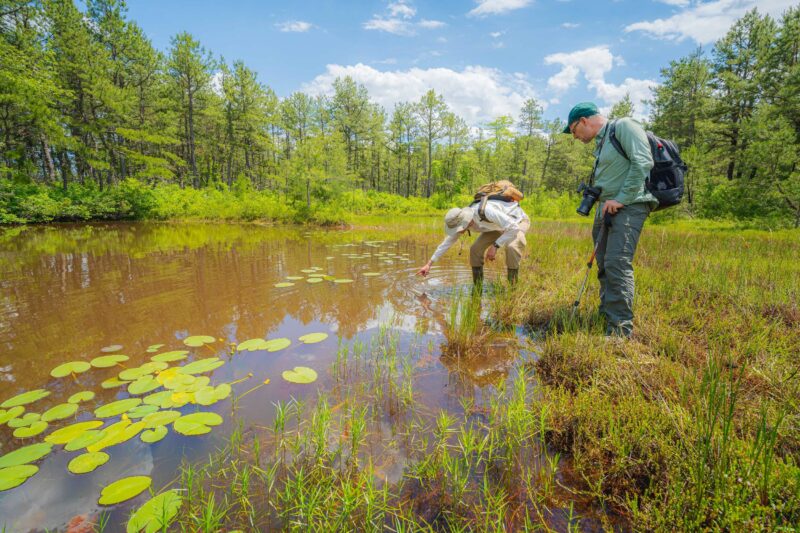
Climate resilience is an increasingly important topic as climate-related natural disasters are occurring with more frequency and severity. Climate resilience is the ability to prepare for, respond appropriately to, and recover from events related to the climate crisis. It acknowledges that climate change is an ongoing, powerful threat, and adaptation is key: using science to inform our infrastructure, government, business, and habits.
Environmental issues are complicated and disproportionate, and progress is not linear. This past year, we saw proof of these complexities at COP16 and COP29, with delegates attending from countries all over the world, putting forth a variety of recommendations and desired outcomes.
However, as governments, NGOs, and other stakeholders search for paths toward resiliency, one thing is clear: conserving nature and biodiversity is one of the most critical and effective solutions—and botanical gardens, including NYBG, are major players in this effort.
NYBG is working in partnership with Botanic Gardens Conservation International (BGCI) to establish a Climate Resilience Advisory Group through their joint project, Nurturing Nature Through Plant-based Solutions for Long Term Climate Resilience. Together, they will collaborate to build a multi-year and multi-phased Action Plan that centers plants as drivers of climate resilience. NYBG and BGCI aim to create a global network of botanical gardens, such as the Royal Botanic Gardens, Kew, and Missouri Botanical Garden, as well as local and international NGOs, climate experts, and policymakers from key geographic areas.
As stewards of nature, botanical gardens can play several important roles in climate resiliency. Not only are they living repositories of plants, they also provide:
- In-situ and ex-situ conservation
- Plant science and research, which also leads to better conservation strategies
- Education in botanical fields
- Providing a green space for the public for accessibility and connection to nature
Plants are also important agents in climate resilience for several reasons:
- Plants absorb carbon dioxide
- Stabilize soil and prevent erosion
- Regulate water flow and reduce the risk of floods and landslides
- Provide habitat and food for wildlife
- Provide genetic diversity and adaptation
During the first phase of this program, NYBG and BGCI will conduct research that targets gaps in scientific and political knowledge and botanical conservation, then will identify the root causes of ecosystem degradation, pinpoint key challenges and successes, find effective plant-based solutions, and make recommendations that are inclusive and actionable.
The first phase will lay the foundation for Phase II, when the Action Plan will be implemented and scaled through nature-based efforts locally, regionally, and globally. Through the Action Plan, the team hopes to preserve biodiversity in vulnerable biomes identified by the IUCN’s Red List of Ecosystems.
Now more than ever, the planet needs this network of leaders to communicate in the best approaches to protecting biodiversity and “nurturing nature”—and taking action. NYBG is leading the charge in forming this consortium of botanical gardens, with the hopeful outcome of achieving applicable paths toward climate resilience.
SUBSCRIBE
Enter your email address to subscribe to this blog and receive updates on new posts.



